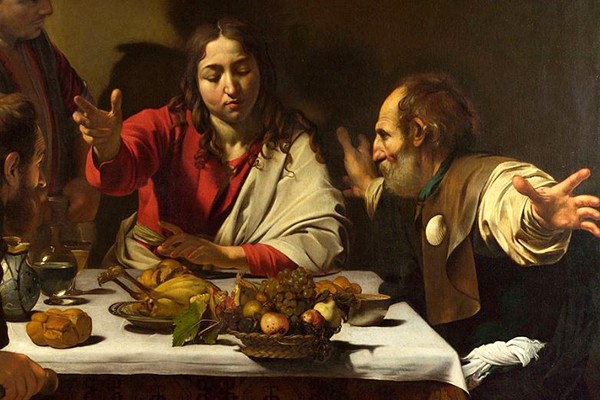At the ‘Serotonin Dealer’ in the Melbourne suburb of Burnley, we are invited to pull up a seat and take in a dose of mental health. Rich in tryptophan, an essential amino acid that converts into serotonin in the brain, each meal here is supposed to make us happier. Except it doesn’t. Science has categorically disproven the connection, at least in the way it is served up here. The diners, though, seem happy enough to indulge in the promise of a cure to one of the most pressing concerns facing them today. The fix here is in the act of eating.
Somehow over the last decade, food has become supreme arbiter – moving around the cultural landscape and absorbing our biggest fears and desires, before transforming everything into a café-ready salve. What’s strange about food culture’s claim to authenticity is not so much the baroque propositions – slow food, local food, homemade food – only that the stuff we eat has taken on such a potent, transformative quality in the first place. Though the moral and political questions food culture grapples with are real and true, they seem to obscure a stranger logic.
So charged is food now with our preoccupations, what we choose to put in our bodies can be read as a contemporary index for who we are and what we want. Café menus in Fitzroy throw up a number of different preoccupations: from ethical dilemmas (veganism, sustainability and organic produce) and health anxieties (superfoods) to questions of nostalgia (Americana, ploughman’s lunch) and a hankering after community (‘like a big warm hug from your Spanish gran’). No longer just an elevated marker of class and aesthetics, in their offer of supreme salvation, these meals are the inversion of contemporary concerns with alienation, the Anthropocene, and the capitalist limitations of the body.
It would be tempting to read this activity as an activist space where consumers can assert control (or take back the means of production), at least as far as their food is concerned. Food is important, and for those shirking modernity, there is comfort in believing produce is sourced locally and sustainably, with a nutritious integrity unavailable in supermarket-ready options.
This food culture, however, operates more as an extension of existing capitalistic logics – those that have left the individual, rather than the larger social body, charged with the responsibility for what happens to them. And whereas various precursors to this phenomenon, like material consumption (!), have also tried to address political, social and identity-focused questions, they seem to have failed to convince us of their authenticity.
Now particularly, with the public sphere giving way to various logics of individuation, and everything else in various stages of flux, we’re left with no choice but to locate a legitimacy for our beliefs and actions in something ‘truer’ than before.
Why food? Anthropologists would say that it clearly has an ontological quality that translates into a cultural potency unrivalled by any other medium. After all, we do all the most important things with it, from marking rituals and building community to mourning our dead. It is fundamental to how people organise themselves in the world.
Two qualities account for this. Firstly, of all the things we can choose to do in our day, food is not something we can dispense with. Without eating, we die. It needs to happen at regular intervals during the day, breaking down and governing our temporality, which when considering the modern abstractions of time that we are forced to deal with, makes it a significant intervention in our daily lives.
Secondly, eating is one of the most intimate things we can do. In putting food into our bodies, we are incorporating into our being something of the outside world. No wonder some funeral traditions have mourners participating in the symbolic (sometimes literal) consumption of the dead. Food here becomes sacred in its conductive properties, giving an authenticity to whatever essence it is trying to transmit. Not for nothing did we turn Jesus into bread and wine.
At a time when self-determination is increasingly concentrated in the individual, food therefore becomes a compelling way for us to assert control over the outside world. It is acknowledged, for this reason, that many eating disorders are less about food and more about asserting control over more abstract processes. With buffers, such as the state, retreating from offering social protection and more and more of us having to absorb the risk of the market – and the emergence of identity politics – the body is an obvious site for cultural and political contestation. Food is a powerful way of navigating this.
After all, there is no room at the Serotonin Dealer for dealing with the systemic problems that have left an increasing majority unstable and unhappy. Besides, lunch is over in an hour, and we need to get back to work. It’s no huge surprise that we treat food as the salvation to our problems.



